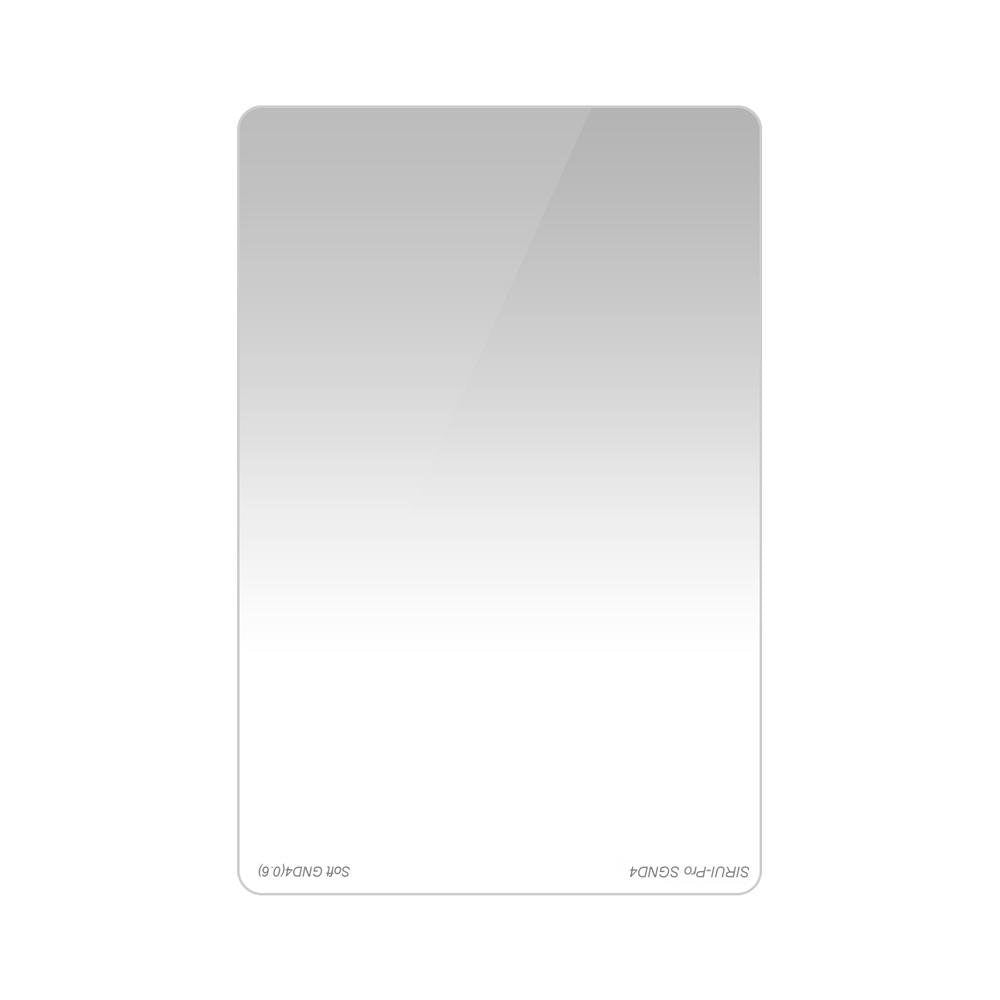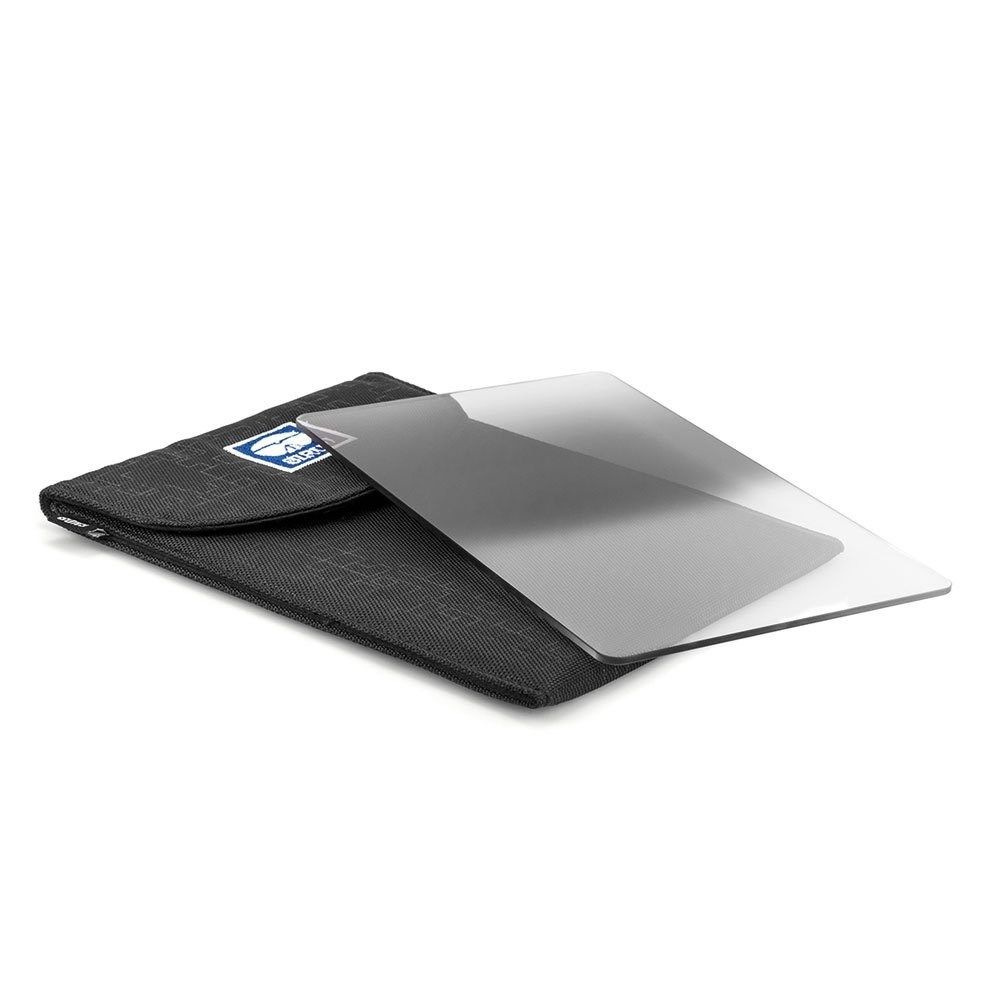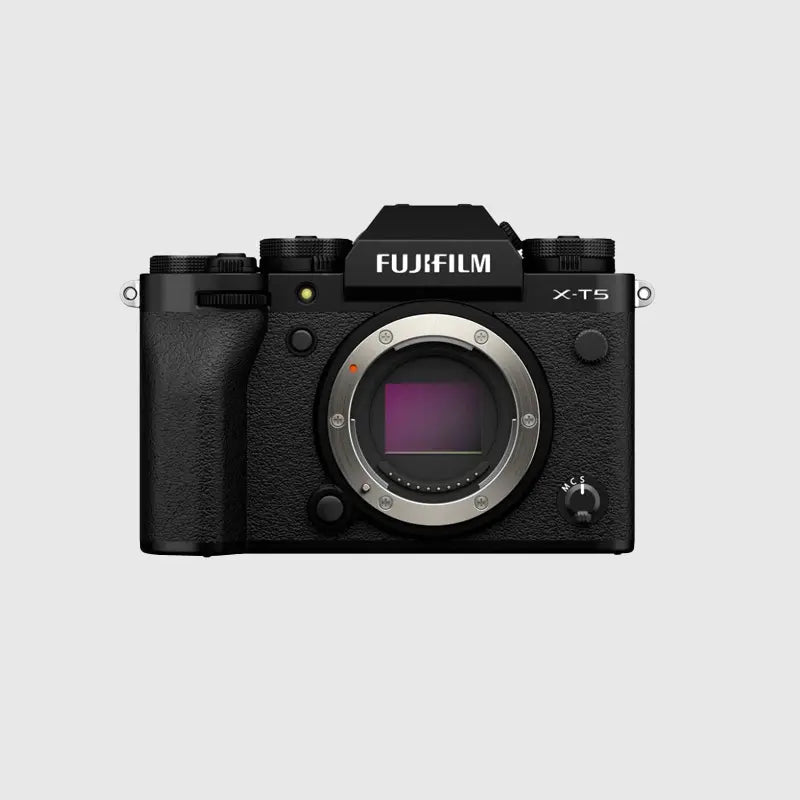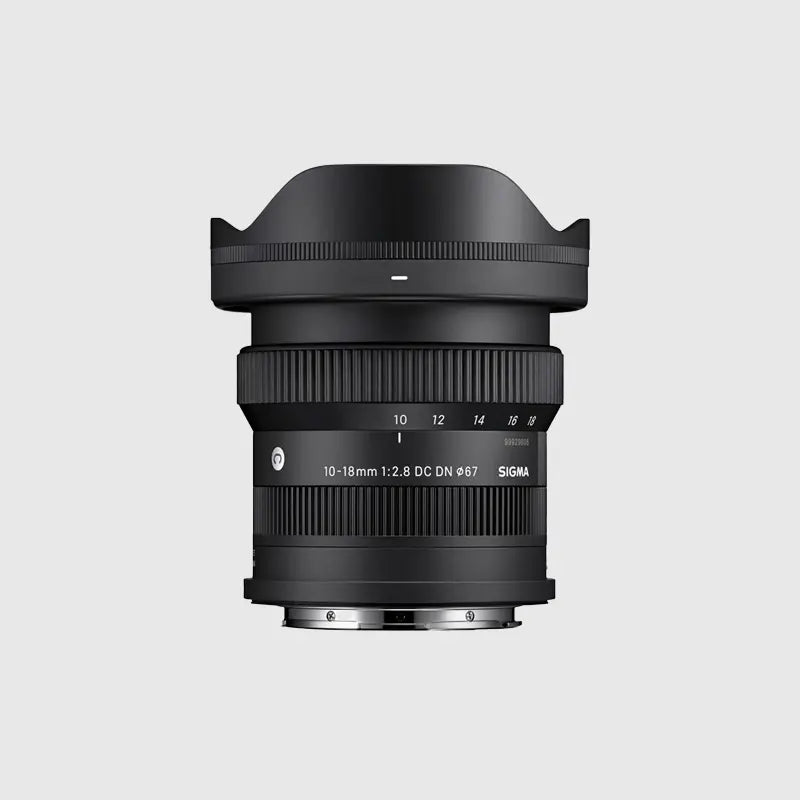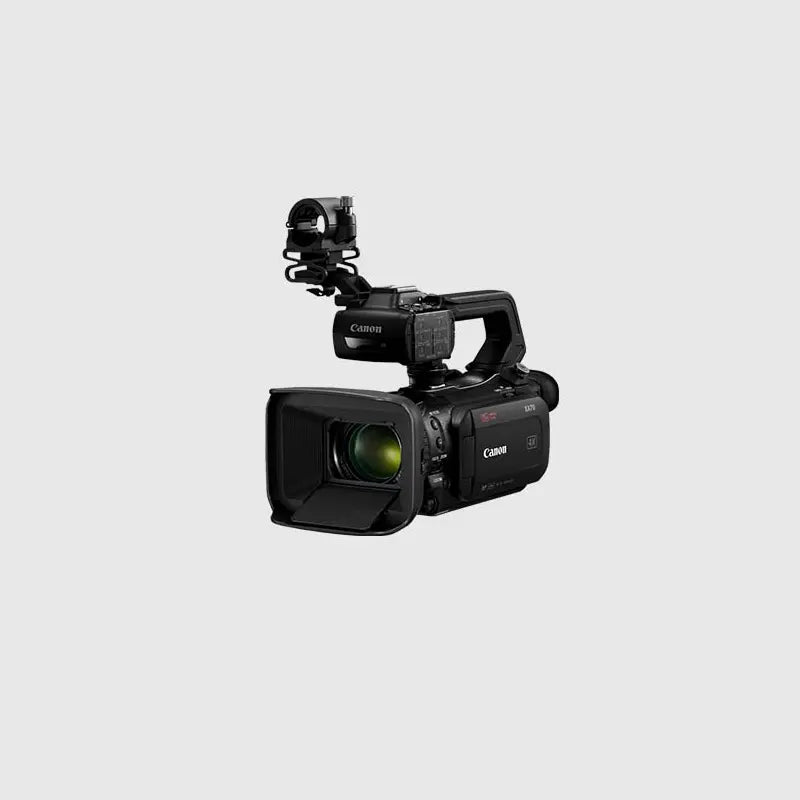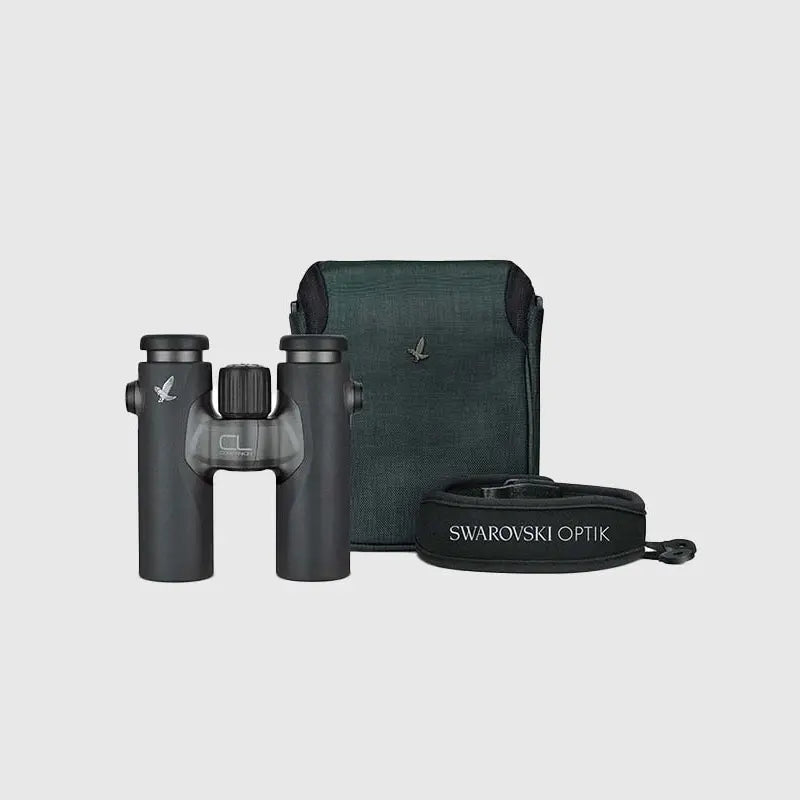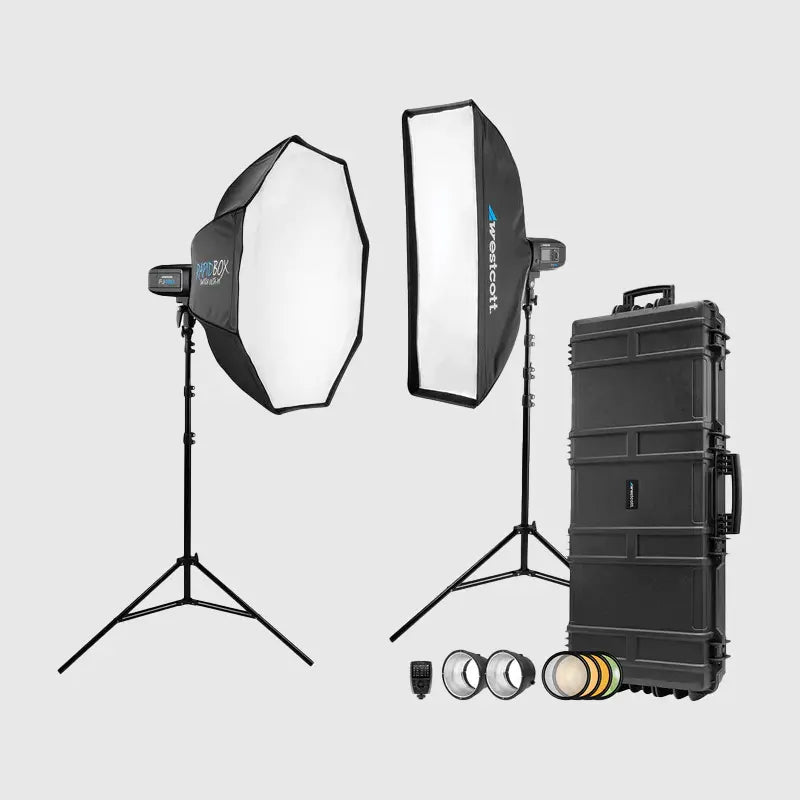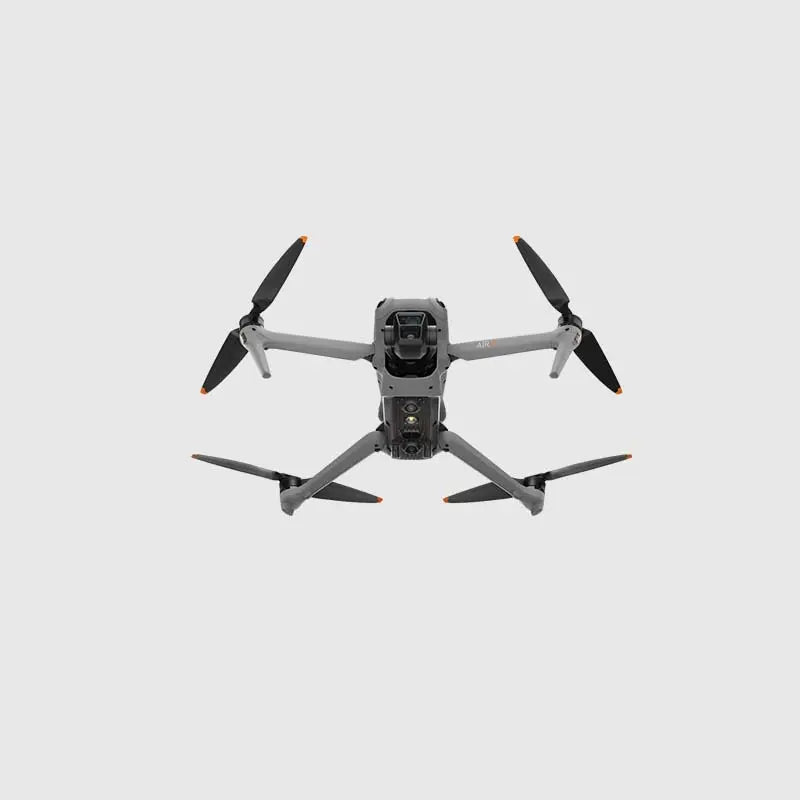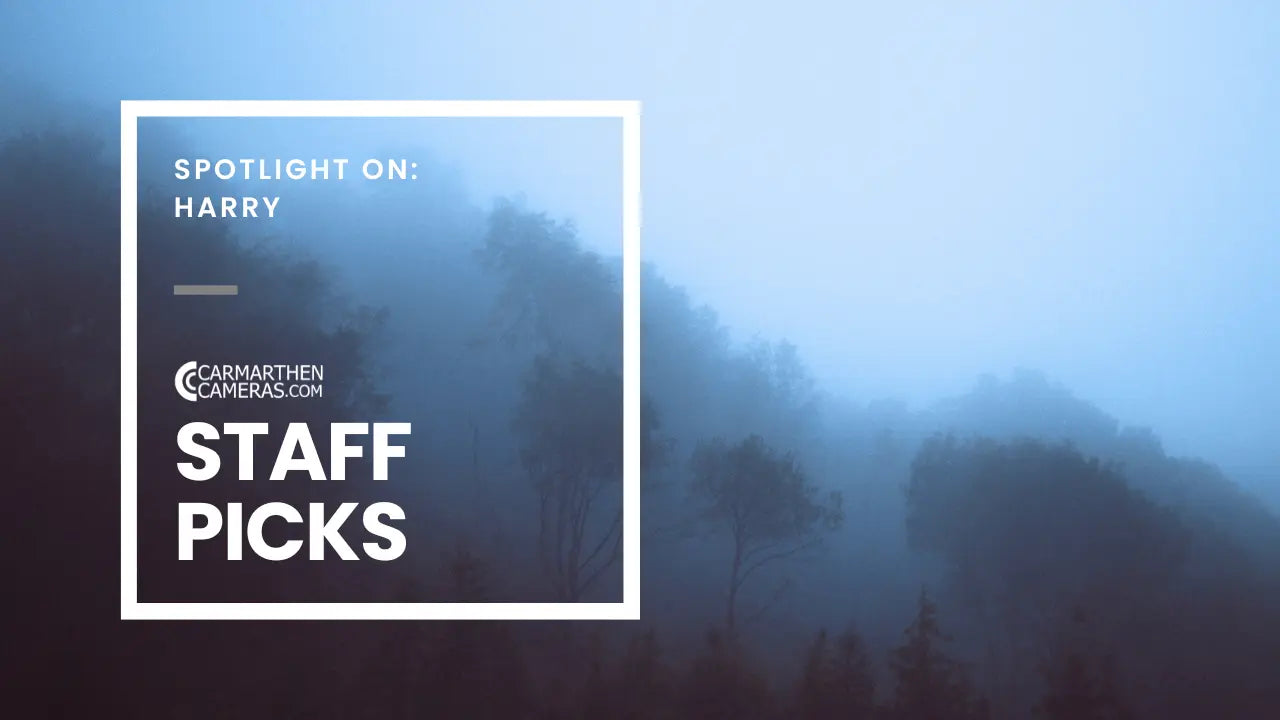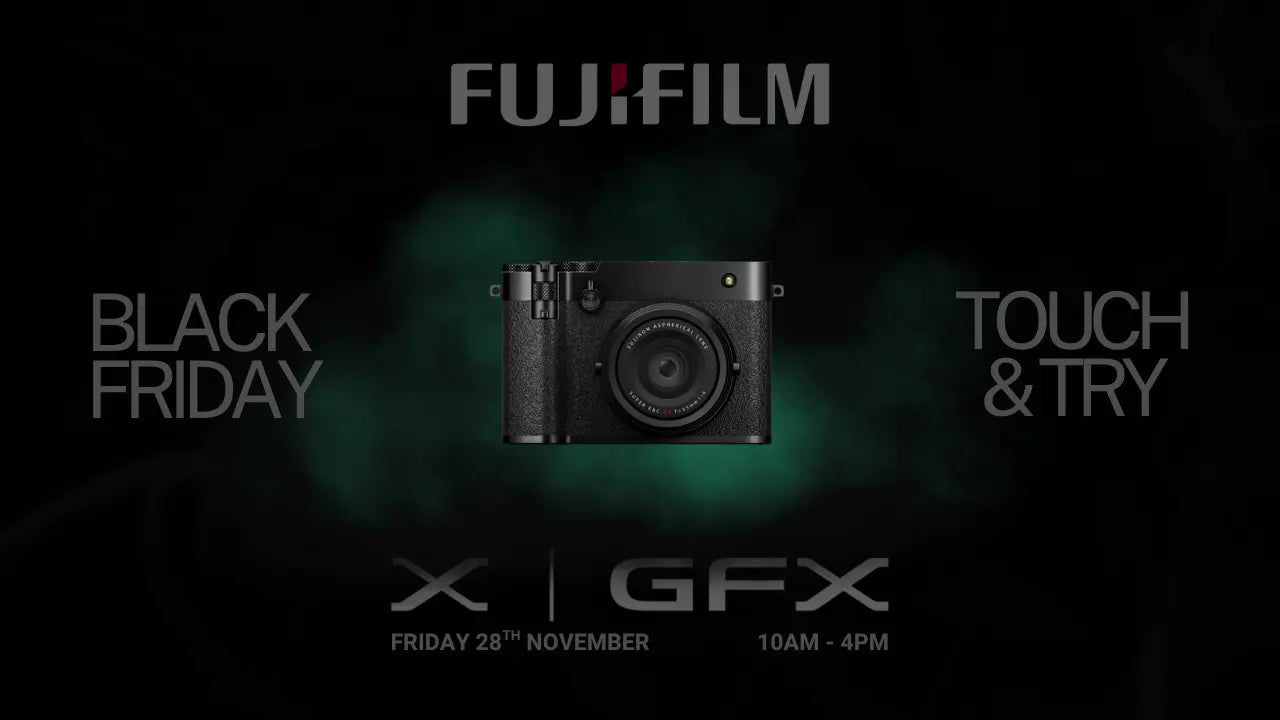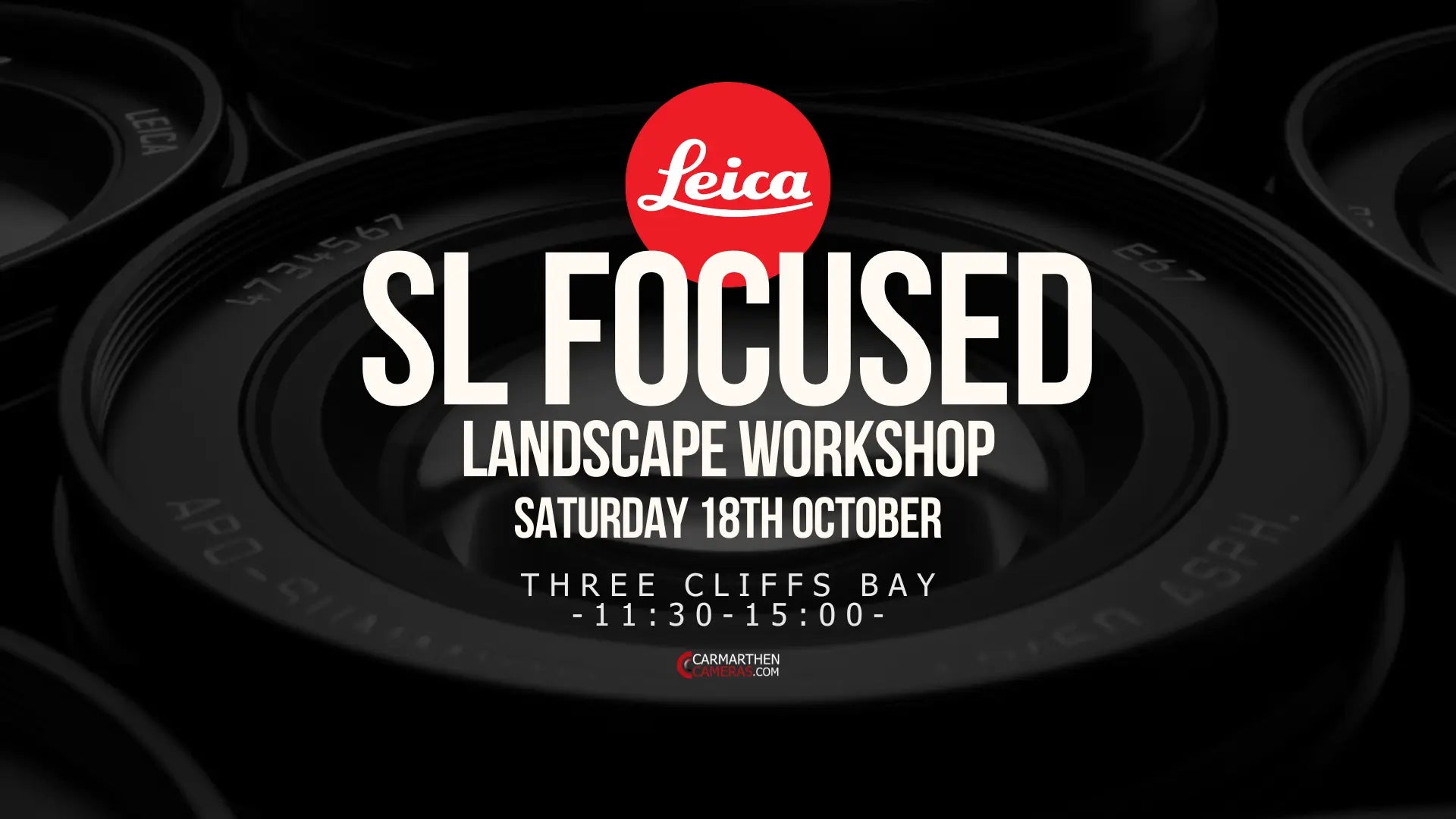Product Description
Sirui 100x150mm Square Soft Graduated Grey Filter: Balanced Exposure for Beautiful Landscapes
The Sirui 100x150mm Square Soft Graduated Grey Filter is an essential tool for landscape photographers seeking to achieve balanced exposures in high-contrast scenes. With a gentle grey gradient that transitions from the edge to the centre, this soft graduated filter effectively reduces the brightness of the sky or other bright areas, ensuring a harmonious balance between highlights and shadows for beautifully detailed images.
Soft Graduated Design for Natural Light Transitions
The soft graduated grey filter features a gradual transition from the darker edge to the clear centre. This soft gradient design is ideal for scenes where the horizon is not distinctly defined, such as landscapes with trees, mountains, or buildings. The subtle transition between light and dark creates a seamless blend, preventing harsh lines while preserving detail across the frame.
Compensates for Camera Limitations in Dynamic Range
Unlike the human eye, cameras have a limited dynamic range and often struggle to capture both bright skies and darker foregrounds without losing detail. The Sirui soft graduated filter compensates for this limitation by darkening the brighter parts of the scene, allowing the camera to capture a well-exposed image. This technique is especially useful for photography at sunrise, sunset, or in other high-contrast lighting conditions, ensuring that skies are rich in detail without overexposing the scene.
High-Quality Construction for Clear, Vivid Images
Crafted from high-quality materials and designed for durability, the Sirui graduated filter maintains image clarity and true-to-life colour. The 100x150mm size offers ample coverage for wide-angle lenses and larger scenes, making it a versatile choice for professional and hobbyist photographers alike.
Ideal for a Range of Photography Applications
Graduated grey filters come in different styles to accommodate various photographic needs:
- Soft Graduated Filters: Ideal for landscapes and skylines where the horizon is not clearly defined (e.g., trees, mountains, cityscapes), providing a natural-looking balance between sky and ground.
- Hard Graduated Filters: Best suited for seascapes or scenes with a well-defined horizon, delivering precise control over light reduction for clear-cut separation between sky and land.
- Reverse Graduated Filters: Useful for sunrise and sunset photography where the brightest part of the scene is near the horizon, with a hard gradient at the centre that softens toward the top edge.
Key Features and Benefits:
- Size: 100x150mm, providing ample coverage for landscape photography
- Soft Grey Gradient: Gradual transition from edge to centre, perfect for undefined horizons
- Application: Darkens bright areas of the scene, balancing exposures in high-contrast lighting
- High-Quality Material: Maintains image clarity and accurate colour representation
- Perfect for Landscapes: Achieve detailed, well-exposed skies and balanced foregrounds
Enhance Your Landscape Photography
By using the Sirui 100x150mm Square Soft Graduated Grey Filter, photographers can capture scenes with balanced highlights and shadows, ensuring that the entire composition is properly exposed. This filter allows for impressive images with rich cloud detail, vibrant skies, and a well-exposed foreground, making it an invaluable tool for those looking to elevate their landscape photography.

